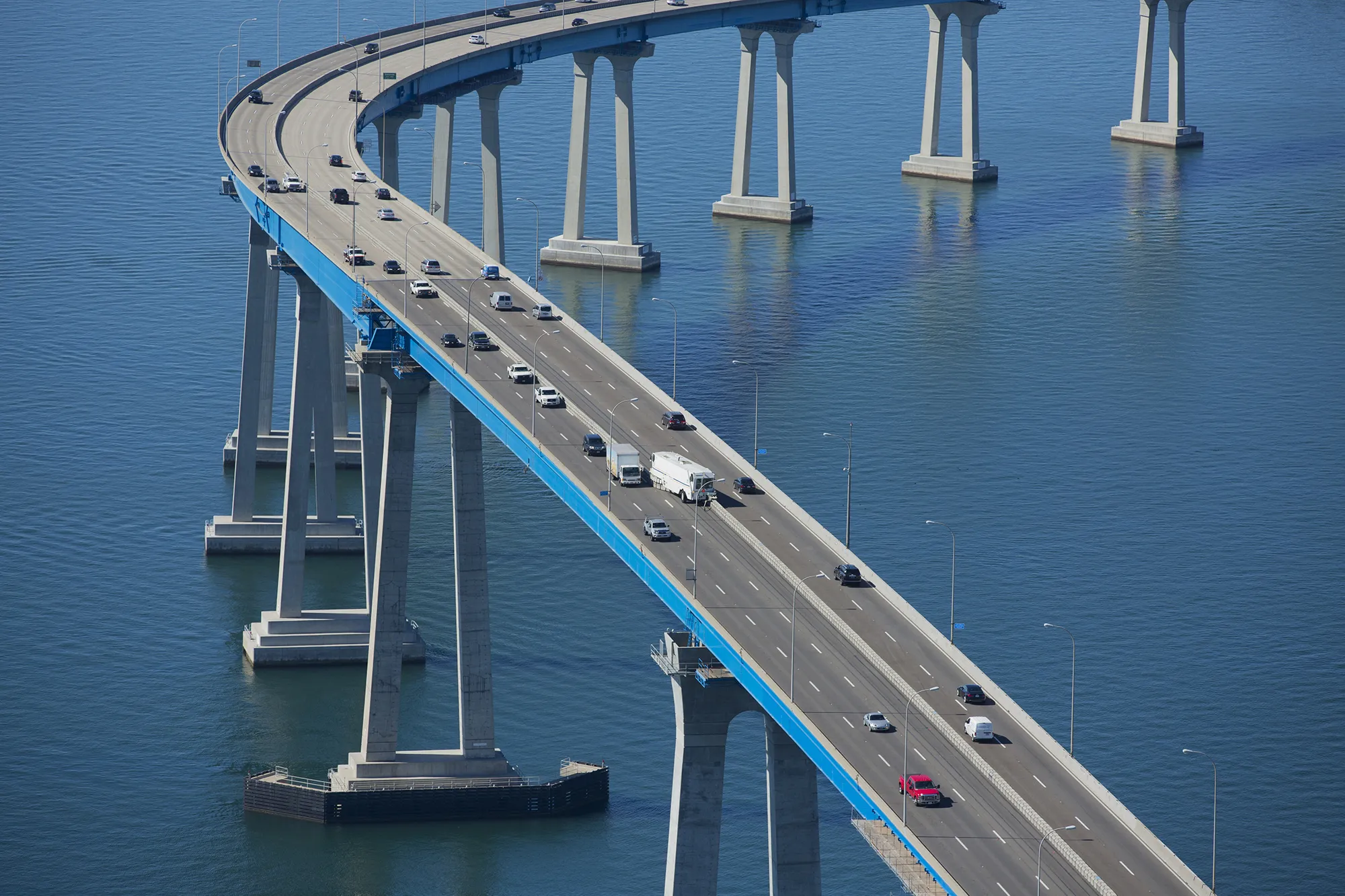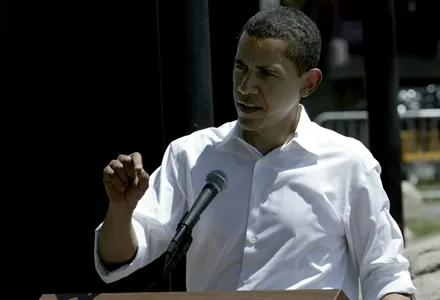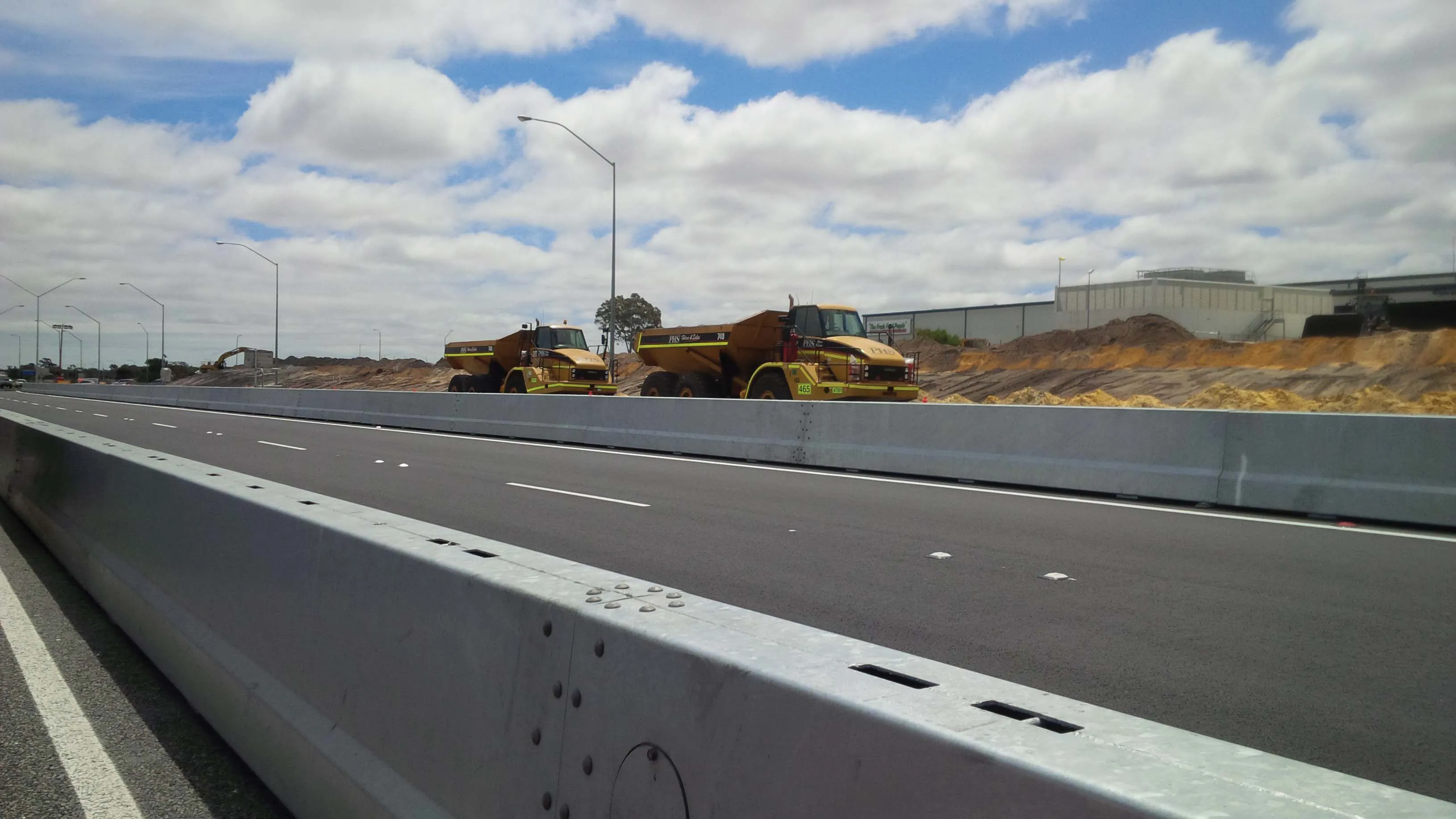The Mersey Gateway project has been named as one of the world's most important infrastructure projects by an influential new report. The KMPG Infrastructure 100: World Cities Edition, recognises inventive and well-designed infrastructure projects from cities around the world, and has included the project as an example in innovation an impact on society. The 1km bridge over the River Mersey aims to relieve the pressure from the Silver Jubilee Bridge, and reduce journey times in peak periods.
July 6, 2012
Read time: 2 mins
The 6126 Mersey Gateway project has been named as one of the world's most important infrastructure projects by an influential new report.
The KMPG Infrastructure 100: World Cities Edition, recognises inventive and well-designed infrastructure projects from cities around the world, and has included the project as an example in innovation an impact on society.
The 1km bridge over the River Mersey aims to relieve the pressure from the Silver Jubilee Bridge, and reduce journey times in peak periods.
Councillor Rob Polhill, leader of Halton Borough Council, said it was “quite an accolade” to have the Mersey Gateway project in such a respected document.
“We always knew it would be special and iconic. But more than that, we know that the Mersey Gateway is needed, so to be in the top 100 is quite a bonus,” said Polhill.
Regional judging panels from around the world assessed many submissions, and judged each on a range of criteria including technical and financial complexity, feasibility and innovation.
Steve Nicholson, Mersey Gateway project director, said: “Mersey Gateway appearing on such a list of prestigious projects is further evidence that we are dealing with a very special initiative where the benefits are being recognised across the world.”
The project, which connects the towns of Runcorn and Widnes, will attract investment to support the regional economy, and create 470 jobs in the construction process. It will, also crucially, provide local people and other road users with an easier way of travelling across the river.
The KMPG Infrastructure 100: World Cities Edition, recognises inventive and well-designed infrastructure projects from cities around the world, and has included the project as an example in innovation an impact on society.
The 1km bridge over the River Mersey aims to relieve the pressure from the Silver Jubilee Bridge, and reduce journey times in peak periods.
Councillor Rob Polhill, leader of Halton Borough Council, said it was “quite an accolade” to have the Mersey Gateway project in such a respected document.
“We always knew it would be special and iconic. But more than that, we know that the Mersey Gateway is needed, so to be in the top 100 is quite a bonus,” said Polhill.
Regional judging panels from around the world assessed many submissions, and judged each on a range of criteria including technical and financial complexity, feasibility and innovation.
Steve Nicholson, Mersey Gateway project director, said: “Mersey Gateway appearing on such a list of prestigious projects is further evidence that we are dealing with a very special initiative where the benefits are being recognised across the world.”
The project, which connects the towns of Runcorn and Widnes, will attract investment to support the regional economy, and create 470 jobs in the construction process. It will, also crucially, provide local people and other road users with an easier way of travelling across the river.








